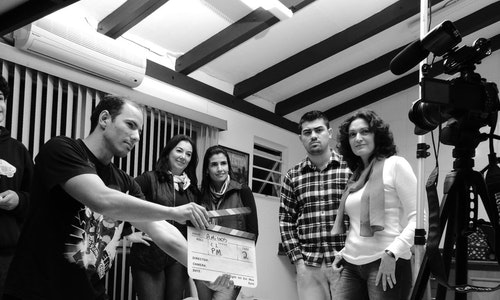Why study economics?
From environmental sustainability to financial stability, and from wages to wealth, economic forces affect every aspect of our lives.
Studying BSc(Hons) Economics will give you a solid understanding of how and why, and the skills needed to analyse issues and effect change across a wide range of areas, including the public sector, think tanks, financial institutions and charities.
Why UWE Bristol?
Along with this economics degree we also offer BA(Hons) Economics. On both, you’ll apply the latest economic theories to real and relevant challenges, develop critical thinking and debate ideas from a range of perspectives.
The BSc course gives you the chance to develop your technical skills to a more advanced level and requires A level mathematics. The BA degree provides a rigorous and accessible economics training to those with less mathematical experience.
On both pathways, you’ll be taught by a passionate and enthusiastic team of research-active staff with a growing reputation for being at the cutting edge of new ideas in economics.
Learn to analyse a wide range of economic issues, such as where does wealth come from? Is our way of life sustainable? Is global trade a force for good? How does the banking and financial system affect our lives? Will robots take people’s jobs? Is inequality getting worse and does it matter?
UWE Bristol takes a unique pluralist approach to teaching economics. As well as using traditional textbooks, you’ll draw on ideas from a range of viewpoints and disciplines, placing economics in its broader social and political context.
With an emphasis on developing key skills and critical thinking while gaining real-world experience, you’ll get regular access to industry and policy-making through placements, field trips and guest lectures.
Where can it take me?
As a graduate with a degree that’s rooted in realism and application, you’ll be highly attractive to employers.
You could pursue a career in government, banking and finance, retail, non-governmental organisations (NGOs) or charities.
Zobacz więcej na stronie uniwersytetu >>








